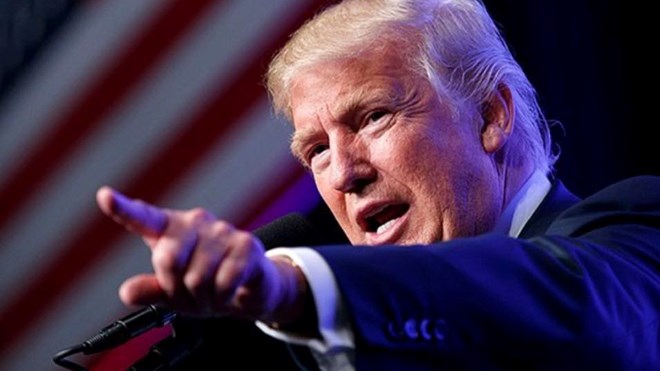U.S. President Donald Trump should look at B.C.’s new policy for providing drugs to addicts to stave off a dual health crisis in the province, a New York City-based drug-policy group says.
The comments came after Trump announced April 1 an escalation of anti-drug-trafficking activity in the Eastern Pacific Ocean and the Caribbean.
“If Trump truly wants to address the international drug trade, then he should follow the lead of legislators in British Columbia, Canada, where the government is taking charge of ensuring a safe supply of opioids for dependent users,” said Kassandra Frederique of the New York-based Drug Policy Alliance.
The B.C. government’s pandemic-influenced move March 26 allows drug users to take home — and have delivered — prescribed medications as alternatives to poisoned street drugs.
Health care providers are able to get safe, prescription alternative medications such as hydromorphone and dextroamphetamine into the hands of drug users not in a treatment program, or who regularly visit a doctor.
The new guideline’s focus is not to treat drug users, but support them.
Medication is restricted to oral doses and excludes prescription injectable heroin, which continues to be offered to about 100 patients at the Downtown Eastside’s Crosstown Clinic.
Pharmacies can have employees deliver medication, extend prescriptions, transfer prescriptions to other pharmacists and allow prescribers such as a doctor to refill a prescription over the phone.
Initial prescriptions can be made to last 23 days.
That response to a dual crisis, Frederique said, is significantly better than Trump’s announcement Wednesday that the U.S. was stepping up its war on drug trafficking in the Eastern Pacific Ocean and the Caribbean Sea.
“We must not let the drug cartels exploit the pandemic to threaten American lives,” Trump told the daily COVID-19 White House media briefing.
Frederique called the announcement “an effort to distract Americans from his delayed response to the COVID-19 crisis—which at this point we know will likely cost hundreds of thousands of lives.”
Rather, Frederique said, pointing to B.C.’s new policy, “Regulation is the only way to end the violence associated with the drug trade. Our principal focus should be public health and securing the wellbeing of the most vulnerable in our society.”



